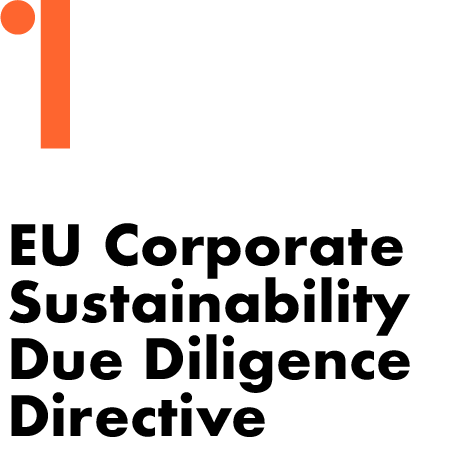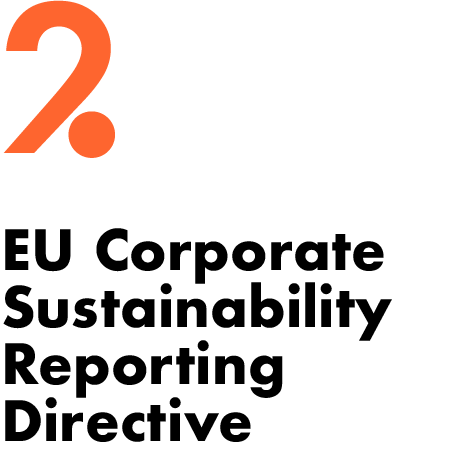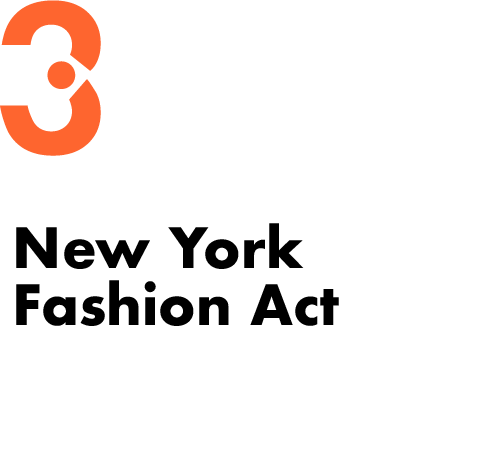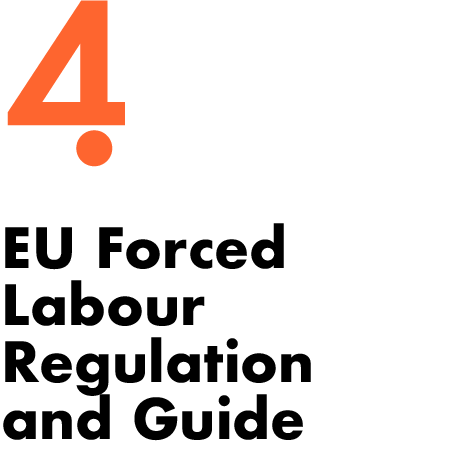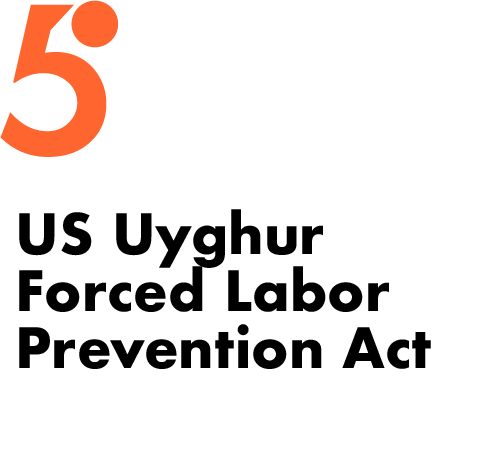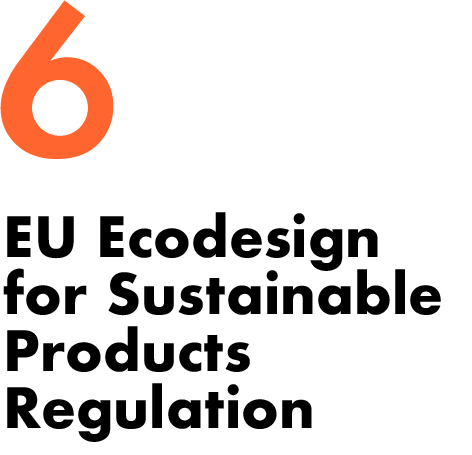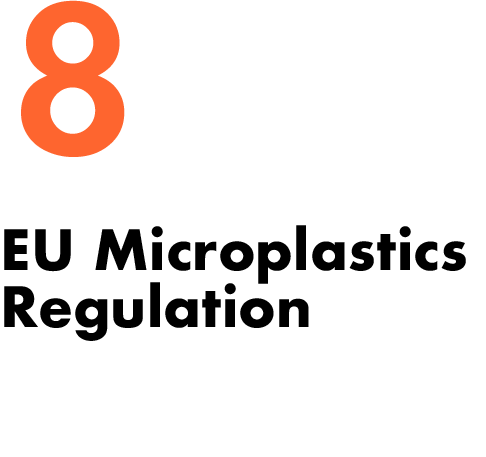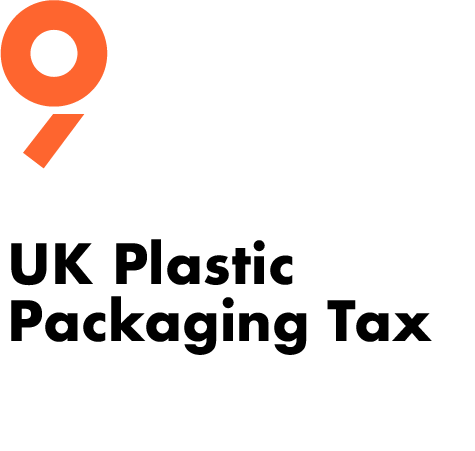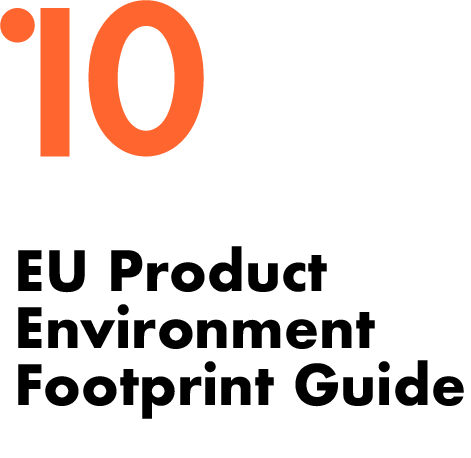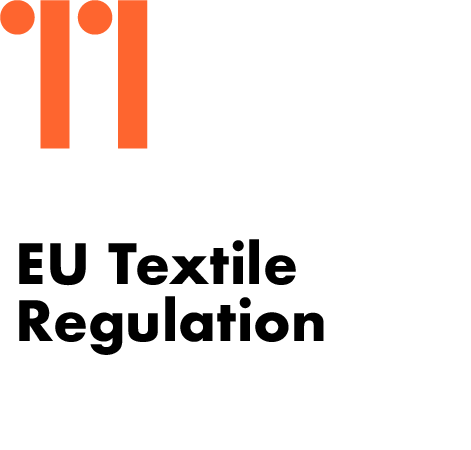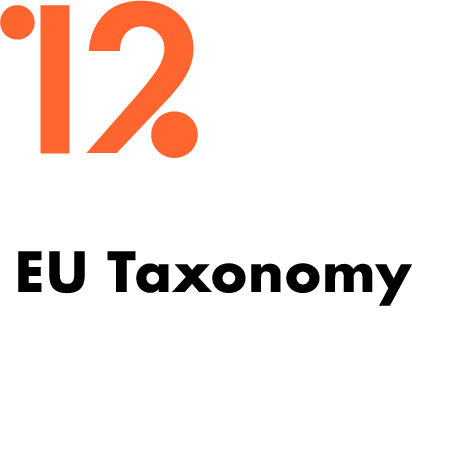
Key Sustainability Legislations in the EU, US, and UK
This group of documents is intended to enable suppliers in the apparel value chain - and others who are seeking to better understand upcoming legislation - to better understand how impending sustainability-related legislation in the Global North will impact them.
Watch the launch webinar on Zoom commenced on August 1st at 10am and 4pm CEST to dive deep into the upcoming sustainability-related legislation in the Global North and its implications for suppliers in the apparel value chain.
You will learn:
Trends and highlights of upcoming legislation
Recommendations on how to best approach these new laws and regulations
This resource was initiated and led by suppliers across production tiers and locations facing many of the same challenges. Despite these shared challenges, rarely do suppliers come together to address these challenges collectively. Specifically, this resource was commissioned by: Epic Group, Norlanka, Shahi Exports & Simple Approach. It is important to note the symbolic significance of this piece of work: this is a project initiated and led by fierce – and in some cases direct – commercial competitors. The entities commissioning this resource hope this inspires more apparel suppliers to join forces.
In addition, this research was also supported by Transformers Foundation and GIZ FABRIC.
Increased demands from brands for visibility into upstream supply chain partners’ practices and full supply chain traceability.
More stringent codes of conduct and contract clauses from brands who work to protect themselves in case of legal investigation and penalties.
Increased expectation for suppliers to implement due diligence processes to identify, prevent, remediate and report on social and environmental impacts.
Increased reporting requirements and data requests. This will require stronger data gathering and management capacity.
Brands may interpret and operationalize new legal requirements differently, this may lead to suppliers having to comply with multiple, conflicting standards.
Increased focus on grievance mechanisms which may lead to conflicting requirements or duplication of work.
The legislative initiatives covered in the fact sheets are likely to have far-reaching operational and legal impacts on apparel suppliers, which could include:
The suppliers commissioning this work recommend that fellow suppliers:
-
It is important to engage with brands and retailers before they finalize their methodologies for implementation as there is a serious risk of multiple interpretations. Aligning with OECD Due Diligence Guidelines and the UN Guiding Principles may minimize this risk to a certain extent.
-
Be sure to engage your legal teams, HR teams, Sourcing Teams, and other operational functions. Compliance should not be left to sustainability or ESG teams alone.
-
The often vague and imprecise language used to refer to suppliers in many of the legislative initiatives covered in this document is indicative of a larger gap between policymakers in the Global North and the entities outside of those jurisdictions, who are likely to bear significant and often invisible burdens as a result.
If you are interested in supporting further research and factsheets please get in touch.

Stay ahead of the curve with the latest insights on sustainability-related legislation impacting the apparel industry. Our report provides valuable information and guidance to companies operating in the apparel value chain.





